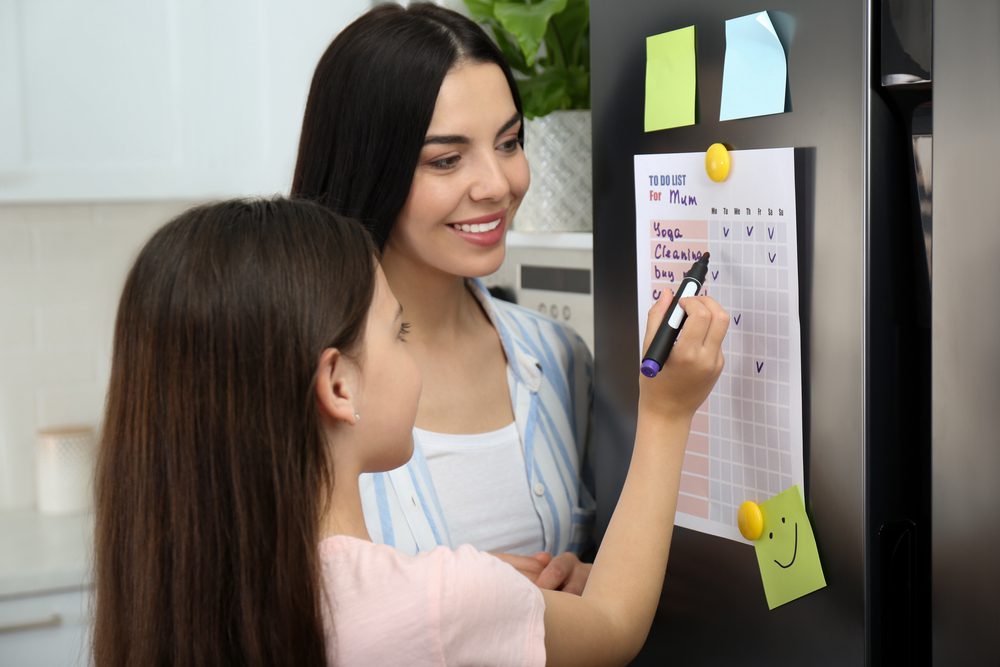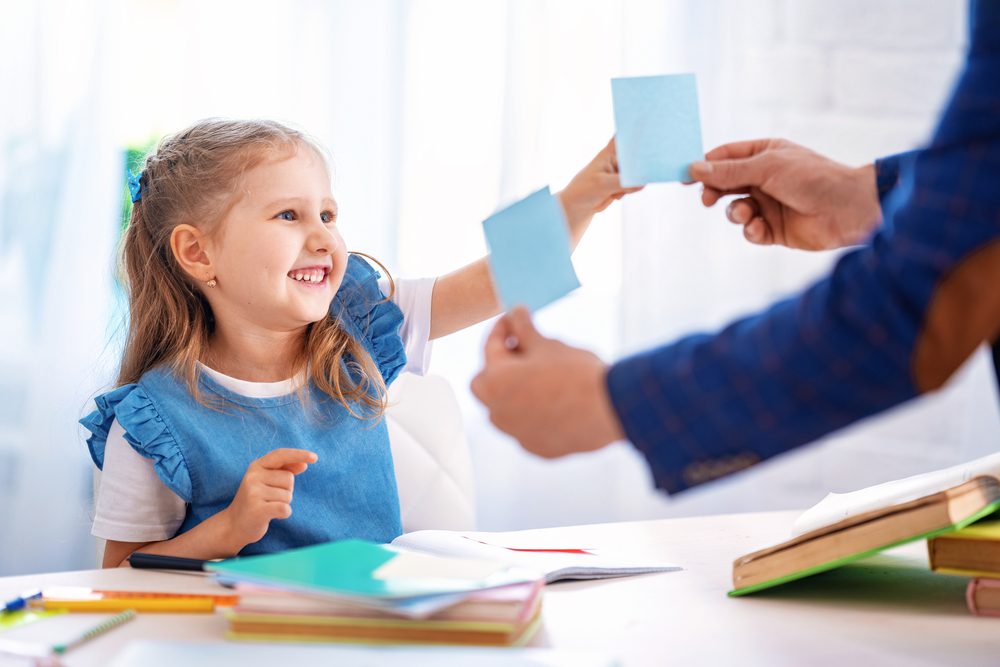
09 May Promoting Self-Regulation Skills in Early Education
Promoting Self-Regulation Skills in Early Education
Self-regulation skills play a vital role in a child’s overall development, encompassing the ability to manage emotions, regulate behavior, and maintain focus. By nurturing these skills, our educators aim to empower young learners with the tools to navigate challenges, excel academically, thrive socially and emotionally, and pass knowledge to parents and guardians. In this blog post, we will delve into the significance of self-regulation skills in early education and explore strategies employed by Meadow Montessori to promote these essential skills.
What are Self-Regulation Skills?
Self-regulation is a crucial skill that allows children to manage their emotions and behavior according to the demands of different situations. It encompasses the ability to resist impulsive reactions, calm oneself when upset, adapt to changing expectations, and handle frustration without outbursts.
This skill enables children to direct their own actions toward a goal despite uncertain circumstances and their own emotions. Emotional dysregulation can lead to disruptive behavior, affecting a child’s ability to learn and form relationships.
Emotional Regulation
Emotional regulation is a vital aspect of self-regulation skills in children. It involves managing one’s emotions and behavior in accordance with the demands of a given situation. Some children naturally struggle with emotional self-regulation, while others may not develop these skills if they rely on others to solve their problems or calm them down. By teaching and practicing self-regulation skills, parents and educators can help children effectively handle difficult situations and control impulsive reactions.
Impulse Control
Impulse control is a critical aspect of self-regulation skills that children need to develop. It involves the ability to resist immediate behavioral responses to upsetting stimuli and make thoughtful choices instead. Some children struggle with impulse control due to temperament or learned behaviors. Parents and educators must provide guidance and support to help children cultivate this skill. By empowering children to pause, think, and choose appropriate responses, we can assist them in becoming better at managing their emotions and behaviors in various situations.
Attentional Control
One important self-regulation skill for children to develop is attentional control. This skill involves the ability to focus on a task, sustain attention, and resist distractions. Many children, particularly those with ADHD or anxiety, may struggle with attentional control. Parents and educators must teach children techniques such as mindfulness and meditation to improve their attention span.
Breaking tasks into smaller, manageable parts and using positive reinforcement can also enhance attentional control. Nurturing these skills and improving learning and behavior in early education settings can help children better manage their focus and concentration.
Why Are Self-Regulation Skills Important in Early Education?
Self-regulation skills are of utmost importance in early education as they play a significant role in both academic success and social-emotional development. By teaching children how to understand and manage their own behavior and reactions, self-regulation empowers them to learn effectively in the classroom by improving their ability to sit, listen, and concentrate.
Moreover, self-regulation enables children to exhibit socially acceptable behavior, make friends, and engage in cooperative play. These skills also foster independence as children learn to make appropriate decisions and adapt to new situations. Furthermore, self-regulation has a lasting impact on future learning and behavior, as it helps children develop problem-solving abilities, control impulses, and consider the perspectives of others. By nurturing self-regulation skills in early education, we set children on a path toward lifelong success and well-being.
Strategies for Promoting Self-Regulation in Early Education
Promoting self-regulation in early education is crucial for fostering academic success and social-emotional development. Strategies include:


Mindfulness Practices
Mindfulness practices enhance self-regulation in early education. Teaching kids meditation and mindfulness fosters presence, self-compassion, and openness, leading to academic success and emotional growth. Activities like belly breathing and guided meditations boost focus, attention, self-control, and compassion in children, fostering crucial executive functions and coping skills for future well-being.
Structured Routines & Environments
Structured routines and environments in early education foster self-regulation. The Montessori approach emphasizes an orderly classroom for children to develop organizational skills. Predictable routines help manage behavior and emotions. Incorporating age-appropriate structure and defined learning areas empowers children for improved self-regulation and overall development.


Opportunities for Decision-Making & Problem Solving
Our program encourages children to develop decision-making and problem-solving skills. With interactive activities, they learn to think critically and make choices independently, fostering independence, responsibility, and self-regulation. By presenting challenges, we equip them to navigate complex situations and make sound decisions in the future.
Emotion Recognition & Regulation Techniques
Research shows that children may need intentional support in understanding complex emotions. Emotion identification cards, suitable for children as young as 18 months, significantly enhance emotional skill development, especially for those with ASD. These cards facilitate activities like labeling emotions and discussing personal experiences, promoting proactive emotional intelligence in early childhood education.
The Meadow Montessori Approach
The Meadow Montessori approach to promoting self-regulation skills in early education is rooted in fostering independence and critical thinking. Through a carefully curated environment and hands-on learning experiences, children are encouraged to make decisions and solve problems autonomously. This approach not only cultivates a sense of responsibility and self-discipline but also empowers children to navigate challenges confidently. By providing a supportive and stimulating environment, our classrooms aim to nurture well-rounded individuals equipped with the essential skills for self-regulation and success.
Contact Meadow Montessori Today
The development of self-regulation skills in early education is paramount for children’s overall well-being and future success. By equipping young learners with the ability to manage their emotions, control impulses, and adapt to different situations, we empower them to navigate challenges, build healthy relationships, and excel academically.
Parents and educators play a crucial role in prioritizing the cultivation of self-regulation skills through modeling, providing a structured and supportive environment, and teaching effective strategies. By investing in developing self-regulation skills in young children, we are laying the foundation for their lifelong emotional health, resilience, and success.
Interested in elevating your child’s education? Contact us for more information and enrollment details.


Sorry, the comment form is closed at this time.